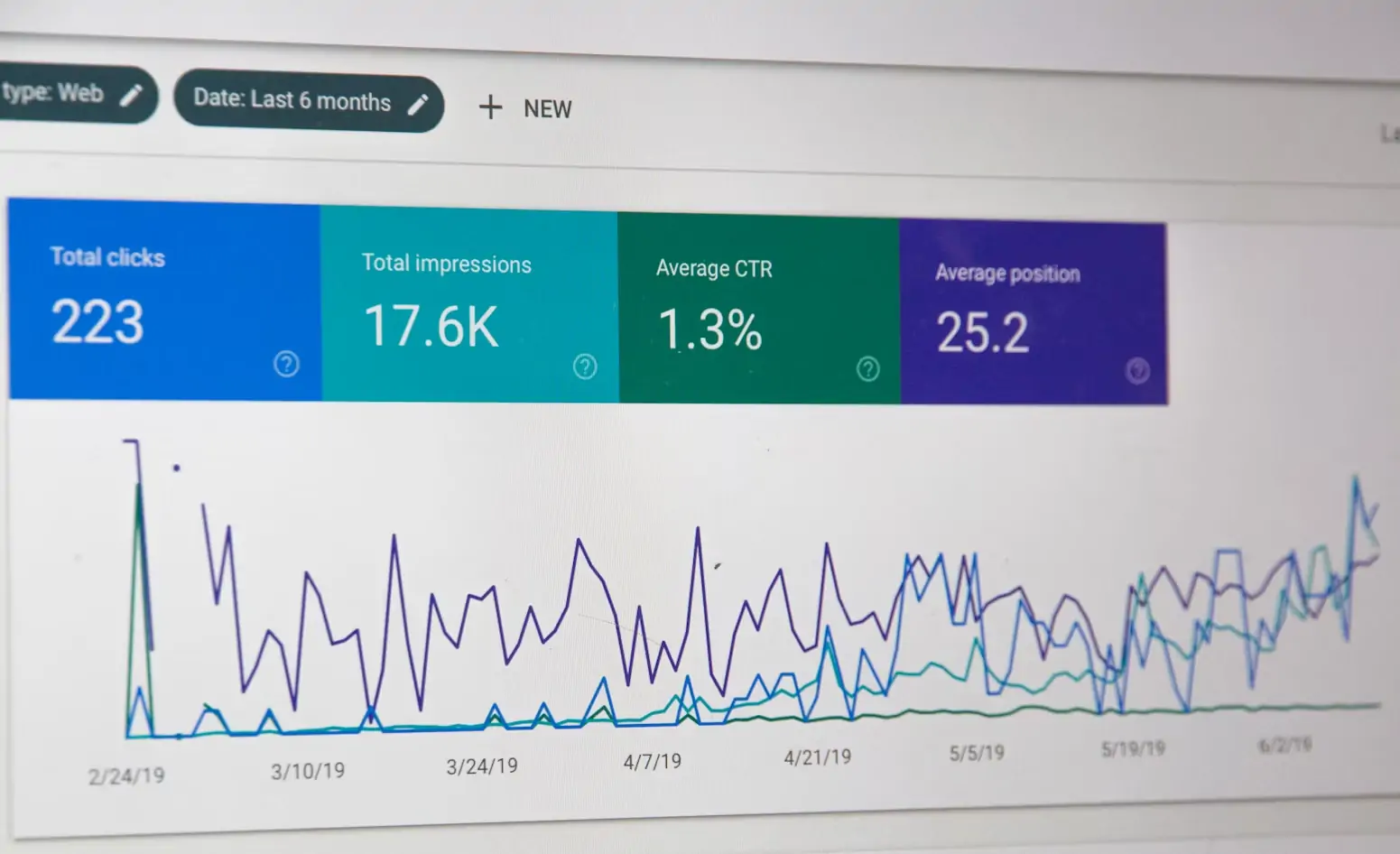
SEO vs. PPC: Choosing the Right Digital Marketing Strategy for Your Law Firm
More and more law firms are adopting digital marketing strategies to stay ahead of their competition, grow their customer base, and strengthen their online presence. Some of the main strategies include search engine optimization (SEO) and pay-per-click advertising (PPC). They must decide between these two options to boost their marketing strategies, but before that, they should carefully consider the pros and cons of both. Let’s check them out together.
What is SEO?
Search engine optimization (SEO) will boost your online rankings and make you appear higher in search engine results. The main goal is to attract as much organic traffic as possible, and SEO uses various ways to help you achieve this goal. First of all, we have optimization for keywords, which includes finding and carefully using relevant keywords that can help potential customers find you and do business with your law firm. Then, SEO helps with content marketing, and you should produce high-quality articles that answer frequently asked questions and provide valuable information to your future clients. You can also use innovative marketing services for law firms to boost your SEO campaigns and let those who have skills, resources, and knowledge make your company more visible and outstanding. Moreover, to boost your SEO rankings, you should get your name and website linked to other authoritative websites and use relevant title tags, meta descriptions, and headers to raise your website’s position.
SEO benefits
The long-term return on investment (ROI) is the first obvious benefit of using SEO as your marketing strategy. Your company will also become more reliable and authoritative if it has high organic rankings. Finally, search engine optimization is usually more affordable than PPC advertising, so it’s perfect for start-ups or those who want to achieve great results without breaking the bank.
What is PPC advertising?
When using PPC advertising, you can buy ad space on other websites or in search engine results. This means that you’ll have to pay to appear on other sites, and there is a price any time someone clicks on your ad. One of the most important parts of PPC advertising is to use keyword research, which means finding the most relevant and targeted terms that clients use to look for legal services. Then, ad creation requires an engaging text that can promote your company’s values and get people to click on it. There are also landing pages, where you need to create engaging pages that attract people to visit your site, get in touch with your business, and finally schedule a consultation with your legal team.
PPC benefits
PPC brings organic traffic to your website immediately, unlike SEO. Also, companies can manage their budget and campaign settings better, and this will help them make better adjustments to achieve ROI. PPC also allows for better-targeted advertising, as it can give companies more information about the audience’s demography, location, and other interests.
Immediate or long-term results
Depending on what type of results your company wants, you will have to choose differently. When it comes to SEO strategies, they offer the company long-term results. PPC strategies will get you results that can be seen now. If you already have an established company that has a lot of natural traffic on its website, then it is normal that you use the PPC method when you promote some products or need a quick influx of customers. SEO strategies are great when you are just starting your company. You need natural traffic to come to your website so that it can grow faster. Since there are so many companies online, you need to invest in these marketing strategies to boost your numbers so that you can grow. If you do not do it, then you will have to be really creative to get results that you will be satisfied and happy with.
Targeting key demographics with PPC
One great trait that PPC marketing has over SEO is that it enables companies to target certain demographics that they want, and that is not possible with other forms of marketing. Some companies that have a certain demographic that they want to reach out to would use this method because it is much easier. All they have to do is create and add it, give it to the marketing company, and put it in the demographic that they want to reach. So, if a law firm wants to get more clients that were in car accidents, they would say that they want to target people from 25 to 40 years of age because they are the ones that get involved in most accidents.
Building trust with SEO
One great trait of SEO marketing is that you are building your brand and, subsequently, the trust that people have for your company. Once they see your law firm mentioned in various articles and other tools used by SEO marketing, you will build a reputation among the people. It is the same as with famous brands in the world like Beko, which understood that the quality of their products was not vital for their success but the perception of the people.
Should you integrate them?
SEO and PPC can work perfectly well together, even if you may think they are fierce competitors. For example, when you use SEO initiatives to gather important data, such as the best type of content and keywords, this can help guide your PPC strategies. And vice versa, PPC helps with SEO as it generates more traffic and shows the most attractive keywords and messages that people look after. So, you can see that, when you combine these two strategies, you can raise your law firm’s value and reputation, and this increases the chances that you will get high-quality leads and more satisfied and loyal customers.
When you’re not sure which of the two options to go for, look at your law firm’s goals, budget, and competition to get the best option. Both of these strategies can bring you many benefits, and you can sometimes use them together to achieve even better results.




